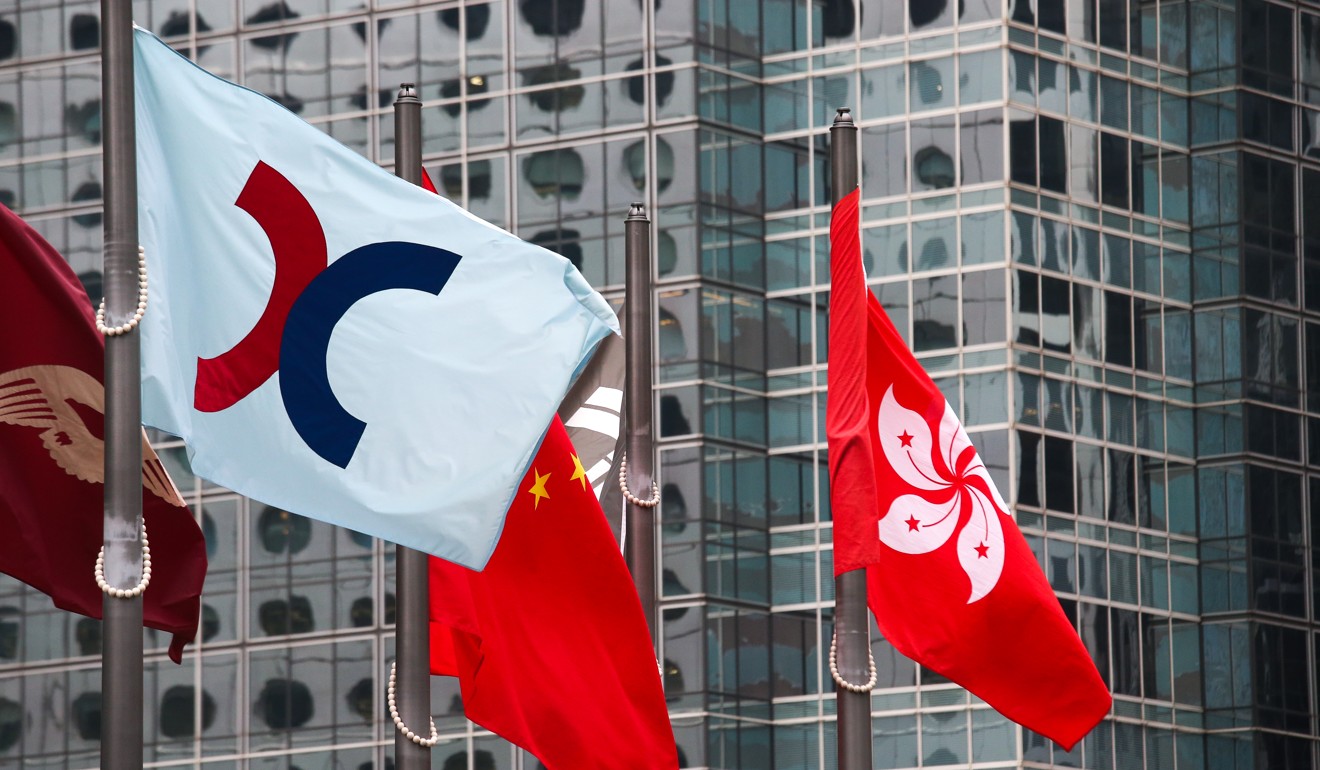
Should dual-class shareholding firms be allowed into the Hang Seng Index?
Markets hate uncertainty. Hong Kong needs indices compliers’ final decision on dual-class share structure as quickly as possible
As Hong Kong Exchanges and Clearing (HKEX) busies itself consulting on detailed trading rule changes, to pave the likely way for companies seeking dual-class share structures to list in Hong Kong, it’s time to outline exactly what their inclusion in the city’s benchmark Hang Seng Index would mean.
According to a proposal by HKEX, a one-month consultation period ends on March 23.
Its plan is to attract three categories of new-economy companies to list here: large biotech companies without revenue, giant dual-class shareholding structured new economies companies, and US-listed mainland new-economy companies looking for a secondary listing.
Dual-class shareholding allows founders or key management to own a premium class of shares which gives them voting right over other shareholders.
They are popular among many tech firms such as US tech firm Google and Facebook, and pointedly mainland e-commerce giant Alibaba Group, which owns South China Morning Post. The fact Hong Kong could not then offer Alibaba a dual-class structure was seen as a strong reason why the tech giant chose New York for its record-breaking US$25 billion float in 2014.
With several “unicorns” (start-ups worth more than US$1 billion) expected to seek public funding in the not-too-distant future, such as Xiaomi, WeLab, Lufax, and Ant Financial Holdings, officials in Hong Kong are anxious not to have a repeat of Alibaba.
HKEX expects to start accepting dual-class applications, soon after the end of the consultation’s conclusion in late April, with the first dual-class share companies floating in the city as early as June.
But we still don’t know whether or when successful dual-listed companies will eventually be allowed to be included in the benchmark Hang Seng Index or Hang Seng Composite Index.

That’s important, as many passive fund managers track the Hang Seng Index and the Hang Seng Composite Index. If such companies were be added to these indexes, they could be accessed by a much larger pool of institutional investors.
Then there are the Stock Connect share trading links between the Hong Kong exchange and its peers in Shanghai and Shenzhen to consider, which only allow the trading of stocks listed on the major Hang Seng Indexes (again, the Hang Seng Index or Hang Seng Composite Index) to qualify, and in which mainlanders and mainland mutual funds have readily invested.
Currently up to 10 per cent of Hong Kong exchange’s turnover comes via southbound trading over the Stock Connect links.
So if these stocks are not allowed to be included in the major indexes, mainlanders would unable to buy them.
Currently up to 10 per cent of Hong Kong exchange’s turnover comes via southbound trading over the Stock Connect links. So if these stocks are not allowed to be included in the major indexes, mainlanders would unable to buy them
The Hang Seng Indexes Company, which compiles the benchmark indices, completed its own public consultation on the issue, ending On February 28 – but it’s still yet to publish its conclusions nearly a fortnight on.
Market participants themselves, say they still have mixed views on the subject.
Christopher Cheung Wah-fung, the lawmaker who represents Hong Kong’s stock brokers, supports the inclusion of dual-class shareholding companies on the Hang Seng Composite Index, giving a green light to mainlanders to plough into them via Stock Connect.
Many passive fund managers, however, oppose the suggestion, as once dual-class shares are included in the leading Hang Seng indexes, they fear they would have no choice but to focus on them.
Other fund managers express reservations on the dual-class structure as it violate the city’s “one-share, one vote” rule – an important principle for listed companies in Hong Kong.
Globally, New York’s S&P and London’s FTSE indexed have not included these companies in some of their indexes, as in some cases they add restrictions on calculating their weighting on a gauge.
MSCI, another major index complier, is also consulting the market on their inclusion.
As Hong Kong, Singapore and mainland exchanges consider allowing them, we are going to see more of these companies listing.
Any blanket ban on them appearing in major indexes would be unlikely – but we are likely to see some restrictions coming with such issuances.
In many sector the adage that “uncertainty breeds opportunity” rings true, but not in this case. Markets hate it.
And so it’s now doubly important the Hang Seng Indexes Company and other compilers announce their final decision on dual-class shares, as quickly as possible.

